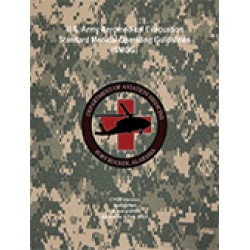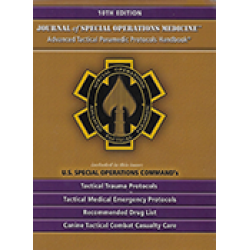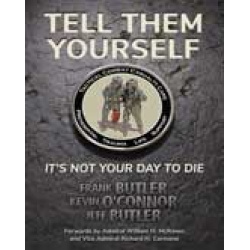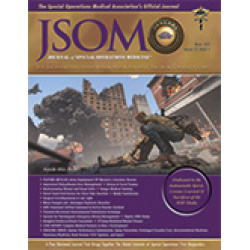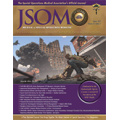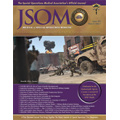Sleep and Injuries in Military Personnel With Suggestions for Improving Sleep and Mitigating Effects of Sleep Loss
Knapik JJ, Caldwell JA, Ritland BM 22(4). 102 - 110 (Journal Article)
Sleep professionals suggest adults should sleep at least seven hours per night and define good sleep quality as 1) sleep onset ≤15 minutes, 2) one or fewer awakenings per night, 3) awake after sleep onset ≤20 minutes, and 4) sleep efficiency (ratio of sleep time to time in bed) ≥85%. This paper focuses on associations between injuries and sleep quality/duration among military personnel and strategies to optimize sleep and mitigate effects of sleep loss. Investigations among military personnel generally used convenience samples who self-reported their injury and sleep quality/quantity. Despite these limitations, data suggest that lower sleep quality or duration is associated with higher risk of musculoskeletal injury (MSI). Possible mechanisms whereby poor sleep quality/duration may influence MSI include hormonal changes increasing muscle catabolism, increases in inflammatory processes affecting post-exercise muscle damage, and effects on new bone formation. Sleep can be optimized by a slightly cool sleeping environment, bedding that maintains a stable thermal microclimate around the body, not using media devices near bedtime or in the sleeping environment, minimizing noise, and having regular bed and awaking times. Sleep loss mitigation strategies include napping (<30 to 90 minutes), sleep banking (extended time in bed), and judicious use of caffeine or modafinil.


 English
English 